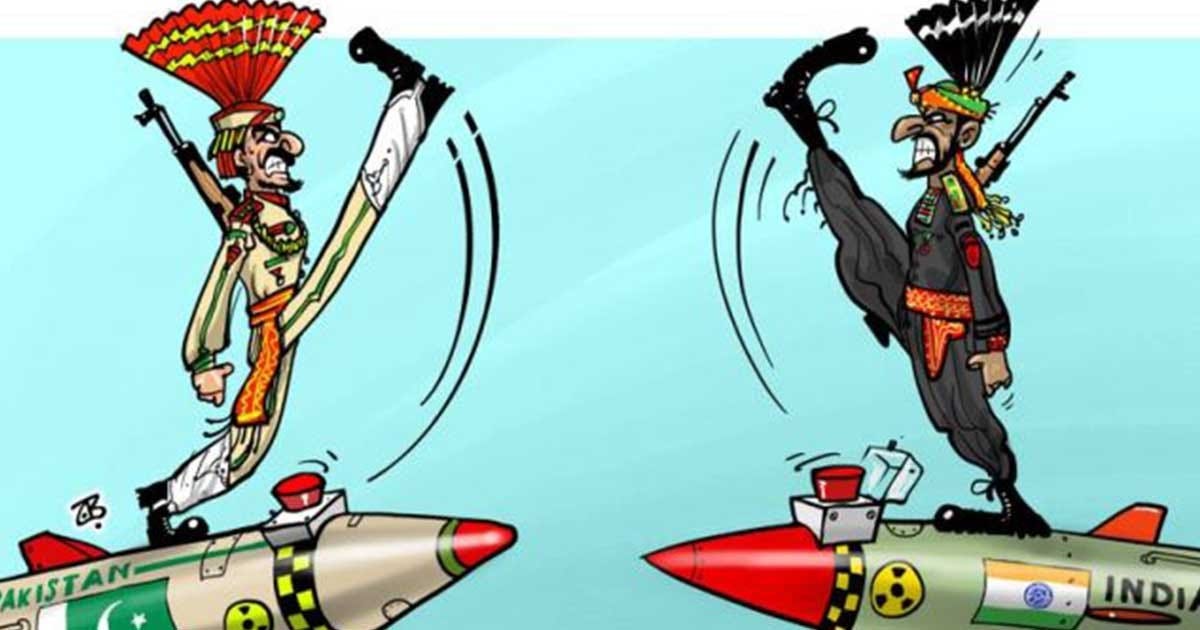Senate Elections in Pakistan – Explained
Senate of Pakistan or Aiwān-e-Bālā Pākistān is the upper legislative chamber of the bicameral legislature of Pakistan, and together with the National Assembly makes up the Parliament of Pakistan. The 2021 Pakistani Senate election was held on 3 March 2021. The Election commission of Pakistan announced the election schedule on 11 February 2021. Former prime minister Yousaf Raza Gillani (PDM candidate) secured 169 votes to beat Abdul Hafeez Shaikh (PTI candidate), who received 164 votes.
What is Senate?
Majlis-e-Shura, the Parliament of Pakistan, consists of the President and two Houses, known as the National Assembly (lower house) and the Senate (upper house). The Senate was constituted for the first time in 1973 under Article 50 of the Constitution of Pakistan that stipulates a bicameral parliament. The Senate is a body that represents the provinces of the country and promotes a feeling of equality, peace and harmony, which is so essential for the growth and prosperity of a nation. Thus, the Senate, over the years, has emerged as an essential organ and a stabilizing factor of the federation in Pakistan.
Historical Backgrounder:
After independence in 1947, the first Constituent Assembly of Pakistan, elected in December 1945 in undivided India, was assigned the task of framing the Constitution of Pakistan. This Assembly passed the Objectives Resolution on 12th March 1949, laying down principles which later became substantive part of the Constitution of Pakistan. However, before it could accomplish the task of framing the constitution, the Assembly was dissolved in October 1954. Thereafter, the Governor General, convened the Second Constituent Assembly in May 1955, which framed and passed the first Constitution of Pakistan on 29th February 1956. That Constitution was promulgated on 23rd March 1956 and provided for a parliamentary form of Government with a unicameral legislature. However, from 14th August 1947 to 1st March 1956, the Government of India Act, 1935, was retained as the Constitution of Pakistan. On October 7, 1958, Martial Law was promulgated and the Constitution abrogated. The Military Government appointed a Constitution Commission in February 1960 which framed the 1962 Constitution. That Constitution provided for a Presidential form of Government with a unicameral legislature. The 1962 Constitution was abrogated on 25th March 1969. The Civil Government, which came to power in December 1971 pursuant to 1970 elections, gave the nation an interim Constitution in the year 1972. The 1970 Assembly framed the 1973 Constitution which was passed on 12th April and promulgated on 14th August 1973. The 1973 Constitution provides for a parliamentary form of government with a bicameral legislature, comprising the National Assembly and the Senate. The membership of the Senate, which was originally 45, was raised to 63 in 1977 and to 87 in 1985. The membership of the Senate was again raised from 87 to 100 in 2002. Through the 18th amendment, introduced in 2010, the strength of the Senate was raised to 104. However, after the merger of FATA with Khyber Pakhtunkhwa, the strength has been decreased to 96, with effect from March 2024. Half of the total members of senate retire every three years hence a triennial election is conducted to fill the vacant seats.
Purpose and Role:
The main purpose for the creation of the Senate of Pakistan was to give equal representation to all the federating units since the membership of the National Assembly was based on the population of each province. Equal provincial membership in the Senate, thus, balances the provincial inequality in the National Assembly and dispels doubts and apprehension, if any, regarding deprivation and exploitation. The role of the Senate is to promote national cohesion and harmony and to alleviate fears of the smaller provinces, regarding domination by any one province because of its majority, in the National Assembly.
Who can be a Senator?
To vie for a senate seat, a candidate must not be less than thirty years of age and (s)he should also be enrolled as a voter in any area in a Province, or the Federal Capital, from where (s)he seeks membership. He must also meet other qualifications prescribed under Article 62 and 63 of the Constitution.



